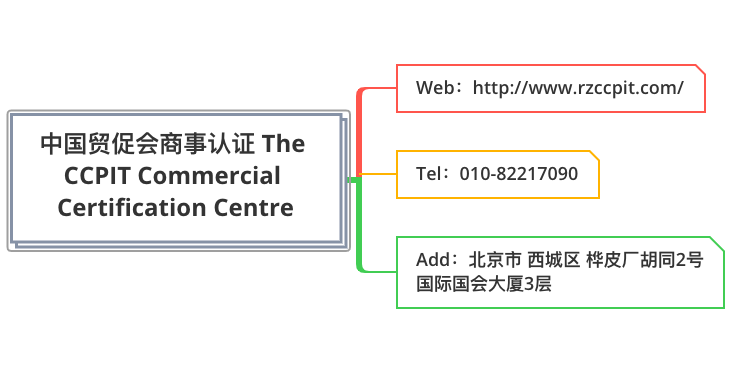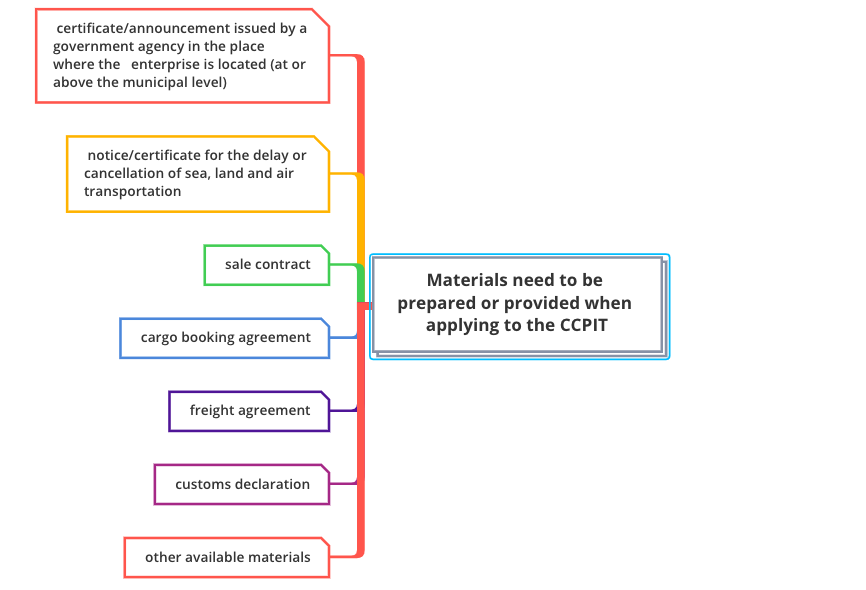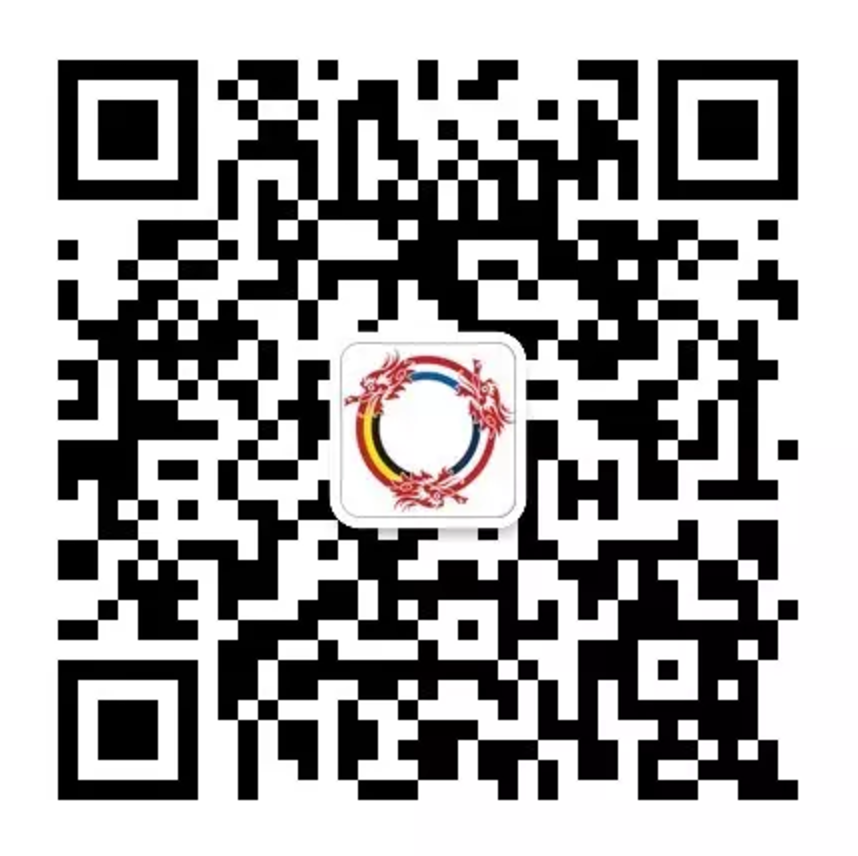BenCham Expert Panel for COVID-19
Note from Jan Hu, General Manager of BenCham: for several weeks already China has been experiencing a difficult period with the outbreak of COVID-19. To help sustain and revive the business activities, the Chinese government (through its various departments in different regions) has adopted many kinds of incentive policies and measures. BenCham China has decided to set up an Expert Panel to help answer questions and address issues involving contractual legal obligations, HR matters, fiscal and financing arrangements, as well as to analyse and make use of, the relevant government policies. Below you will find the composition of the Expert Panel. In the coming days, BenCham team will share with you the views and advice of the Panel, starting with below the first such advice, a legal opinion provided by BenCham member De Wit Law Firm on several questions raised by other BenCham members.
BenCham Expert Panel (Beijing) for COVID-19
Moey LI,
Representative of DEWIT LAW OFFICE in Beijing
Areas of expertise: company Law, employment Law, trade dispute & government Policies
Email: li.yanjing@dewitlawoffice.cn, TEL: 15210985256

Albert van Lawick van Pabst,
CEO of SDS Ventures
Area of expertise: operations, finance, technology, and business consulting
Mobile: +86 139 0112 4182 (China)| +31 6 1523 8989 (Netherlands) | Tel: +86 (0)10 65389767 (fixed line) | Fax: +86 (0)10 65389764 |
Email: albert@sds-ventures.com| Skype: van.pabst | website: www.sds-ventures.com

Maxime Van 't Klooster
General Manager | 1421 Consulting Group
Areas of expertise: rules and regulations, and market entry
T: +86 188 1304 6324; E: maximevantklooster@1421.consulting

Merry Nie
Physician of Western medicine and Chinese medicine, Sanfine Hospital (善方医院)
Areas of expertise:treatment of internal medicine,gynecological common diseases such as pneumonia, bronchitis, colds, acute and chronic gastrointestinal Inflammation and others.
Contact: Mobile phone number/ wechat:15876677409

Walter Franco
Team Leader / Senior Advisor – Pacific Prime
Areas of expertise: advice on private health insurance
M +86 181 1611 8904; E walter.franco@pacificprime.com

Legal Advice: Coping with the Impact of COVID-19
Dewit Law Office
|
Advice on questions from BenCham members:
|
- Advice on “Project postpone and corresponding legal issues”:
- Determination of the legal character of the “COVID-19” outbreak situation (hereinafter the “COVID-19”) in the field of contract law:
For the parties who are unable to perform the contract due to the outbreak which is an unforeseeable, unavoidable and insurmountable event, it may constitute “force majeure”. In accordance with the relevant provisions of the Contract Law, failure to perform the contract due to force majeure shall be exempted from liability in part or in whole according to the impact of the force majeure, except as otherwise provided by law.
According to the "force majeure" provisions in article 180 of the General Principles of Civil Law of the People's Republic of China, the outbreak of the “COVID-19” is unforeseeable, unavoidable and insurmountable. At the same time, it was listed as a "public health emergency of international concern", which also conforms to the provisions of article 2 of the Emergency Regulations Regarding Emergency Public Health Incidents, Decree no.588 of the State Council of the People's Republic of China. From this point of view, the outbreak of the “COVID-19” could be regarded as a force majeure event.
- Suggestion for company who may have project postpone issues:
- Under the influence of the COVID-19, it is recommended that companies should actively and objectively check whether the contractual obligations agreed on the contract terms could be fulfilled, and determine whether it constitutes “force majeure” or “change of circumstances” in accordance with the opinions of professional lawyers or legal personnel, and use them prudently to protect their rights and interests in accordance with the law.
- If as a result there is a project postpone issue, company should check the contracts related to the project, as according to the specific circumstances, if there are any provisions in the contract, the provisions shall prevail.
- It is also suggested that affected party shall promptly inform their clients in writing, of the impact of the outbreak on the company and the reasons for the protect postpone. The company and the clients may negotiate the problems related to the project, such as terms of performance, time limit for the project, loss sharing or liability for breach of the contract, etc...
- It is important to note that, the affected companies should: timely notify the other party of the project reasonably, actively adopt rational derogation measures, keep all relevant evidences such as mail, correspondence, telegram letters, government policy notices, etc., and promptly apply to the local CCPIT or related institutions for factual proof of force majeure.
- A few days ago, the China Council for the Promotion of International Trade (CCPIT) announced that: due to the pneumonia outbreak, companies that are unable to perform on time or fail to perform international trade contracts may apply for factual proof related to force majeure[1].
Attached here is the way to notarize the force majeure in Beijing showed in pic.1, and list of materials companies need to prepare or provide when applying to the CCPIT for factual proof related to force majeure showed in pic.2.

Pic.1

Pic.2
- Advice for HR to cope with COVID-19:
- Get ready in advance. For HR, in addition to equipping employees with the appropriate office tools, it is also necessary to provide employees with the necessary technical support. In some cases, some companies involved in sensitive data, HR should coordinate data access issues for telecommuting, to ensure the data security and avoid obstructing the work simultaneously.
- Labor contracts may not be terminated at random during the outbreak. During this period, if the labor contract expires, it shall be extended separately to the expiration of the medical period of the employee, the expiration of the medical observation period, the expiration of the period of isolation or the end of the emergency measures taken by the government, depending on the situation. If the company is affected by the outbreak and causes difficulties in production and operation, it may agree with the employees to stabilize the job by adjusting compensation, rotation, shortening working hours, etc., so as not to lay off employees. Companies affected by the outbreak may apply to the special working hours administrative licensing department in the locality for the implementation of a comprehensive system of calculated working hours.
- Arrange employees’ rest time reasonably. For company cannot arrange vacations for employees due to the need for epidemic prevention and control, it shall be compensated in accordance with the provisions of the Labor Law. Salaries for working in unsettled vacations should be guaranteed in accordance with relevant policies.
- According to the situation of employees’ resignation during the epidemic, we recommend that it is appropriate for the employee to submit a written resignation letter, and if the letter is not possible for the moment, HR shall retain the records of WeChat, SMS, e-mail, etc., and promptly request the employee to submit the letter to the HR in the form of written or express delivery it to the company after signing, when they get the chance to. If an employee is held criminally responsible for violating the government's control measures or the relevant laws and regulations during the outbreak, the company could terminate the labor contract in accordance with the provisions of Article 39 of the Labor Contract Law.
- Establish a temporary remote working system. HR may focus on employees' daily reports and project progress formulate corresponding rules, such as requests employees to write daily/weekly reports of work in progress, to reduce the possibility of negative work and keep track of their working situation.
- Establish a feedback mechanism. HR could make a list of heads of each department and establish a feedback mechanism to help solve the problems that employees encountered at remote work, as they are unable to contact other departments timely.
- HR should pay special attention to the health and safety of employees, share the knowledge of outbreak prevention to employees, collect employees' personal health data regularly, and encourage them to report health issues immediately. It will be helpful to bring employees a sense of care from the company, and enhance the cohesion of the company as well.
|
Dewit Law Office Established in 1945, Dewit Law Office has its headquarters in Brussels, Belgium. Establishment over 70 years, Dewit Law Office has always maintained the principle to provide the most professional legal service to clients and dealt with numbers of different kinds of cases in Europe. As a member of SILFA, Dewit Law Office establishes long term corporation relationship with law firms in Netherlands, Luxemburg, France and Germany, etc. and provides an efficient legal service to their clients. Dewit Law Office established Beijing office in 2009. It not only provides legal service to European clients related to Chinese business but also assist Chinese companies to develop their business in Belgium and Europe. Our main services include M&A, GDPR, IPR, Employment law etc. Follow us on Wechat: |
[1] The force majeure factual certificate issued by the CCPIT Commercial Certification Center has been recognized by governments, customs, chambers of commerce and companies in more than 200 countries and regions around the world and has a tough enforcement outside the region.

